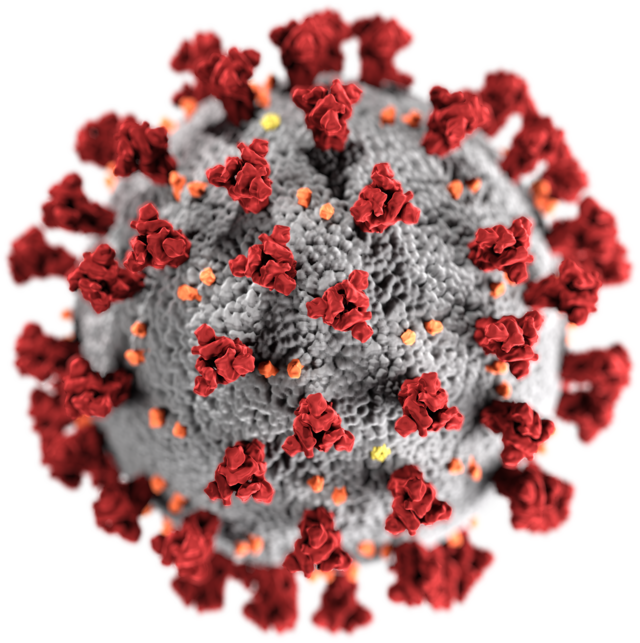I’m reading a collection of essays called The New Possible in which the authors discuss their visions of what the future should look like and how we can get there. It was published at the beginning of the Covid pandemic, and the first piece, by Jeremy Lent, talks about the kind of balanced civilization we need to develop.
Early in the piece, he asks:
Does it seem like, as soon as one crisis passes, another one rears its head before you can even settle back to some semblance of normal?
And then, discussing not just Covid but the Black Lives Matter protests from 2020 after the murder of George Floyd, he points out:
Ultimately, there is no going back to normal because normal no longer exists.
It’s an argument based on the deep flaws in neoliberalism. I don’t disagree with either his thesis or his goals, but I think I’d put the bit about normal differently:
We shouldn’t go back to normal because normal sucked.
Now these days, what with the Stupid Coup (a term Rebecca Solnit came up with that fits my perception of things), many of us, including me, would take the old normal. After all, they’re destroying parts of the government that worked well – like the Weather Service and NOAA – and making those that needed some changes, such as the understaffed Social Security offices and Veteran’s care, worse.
That’s not the mention the blatant racism of the “anti DEI” campaign, one that wants to eliminate Jackie Robinson and Harriet Tubman from our history. (It was disgusting that the baseball team that brought Robinson into the majors went to the White House despite the grifter’s efforts to erase him.)
All the flaws that exist in what passed for normal are still there and being made worse – bombing and union busting and mistreatment of immigrants – while people who shouldn’t be in charge are destroying the good stuff.
A couple of months of this and most of us – me included – would really love a return to normal. Except, like I said, normal sucked. Continue reading “No Going Back to Normal”…

 I have finally–and reluctantly–joined the vast numbers of my fellow citizens and become part of the COVID statistic. There are many things–good streaming shows or films, books, travel–where I do have a fear of missing out. What if I never get to go to Italy? What if I miss seeing that show with the original cast? What if that restaurant that everyone says is breathtakingly good goes under before I get to try their soup?
I have finally–and reluctantly–joined the vast numbers of my fellow citizens and become part of the COVID statistic. There are many things–good streaming shows or films, books, travel–where I do have a fear of missing out. What if I never get to go to Italy? What if I miss seeing that show with the original cast? What if that restaurant that everyone says is breathtakingly good goes under before I get to try their soup?